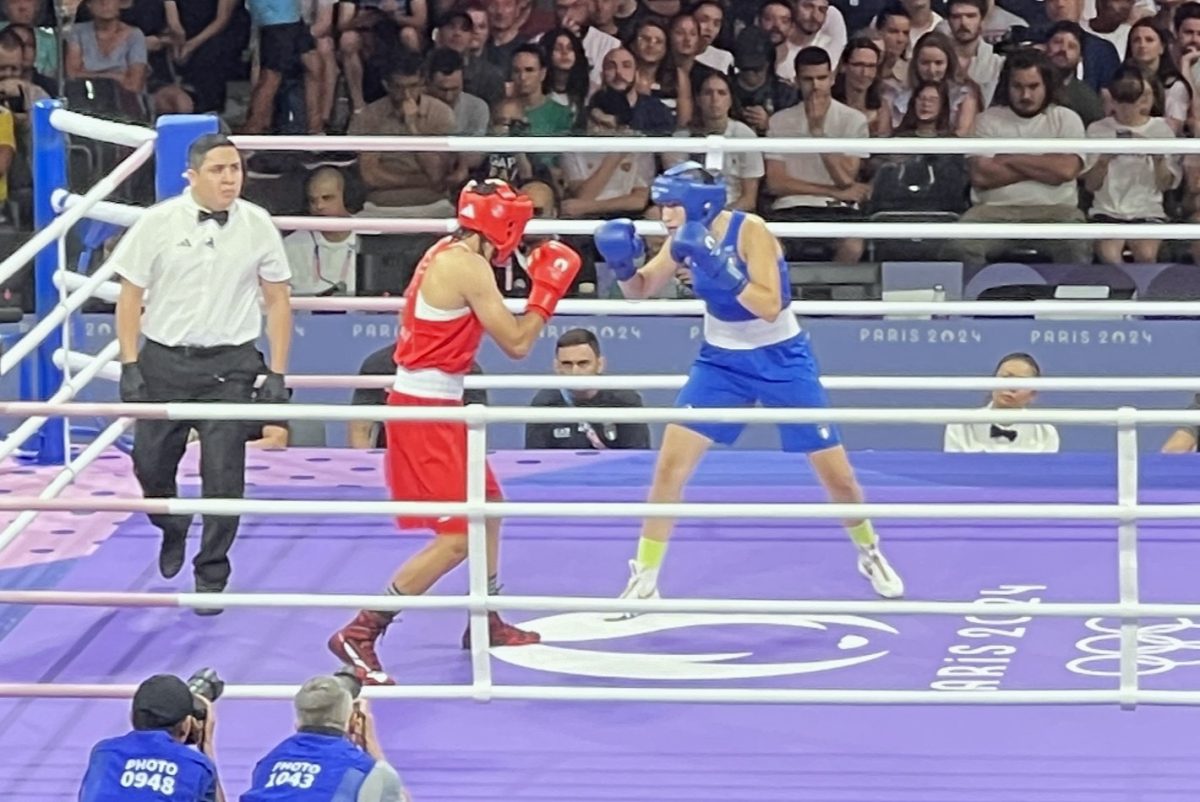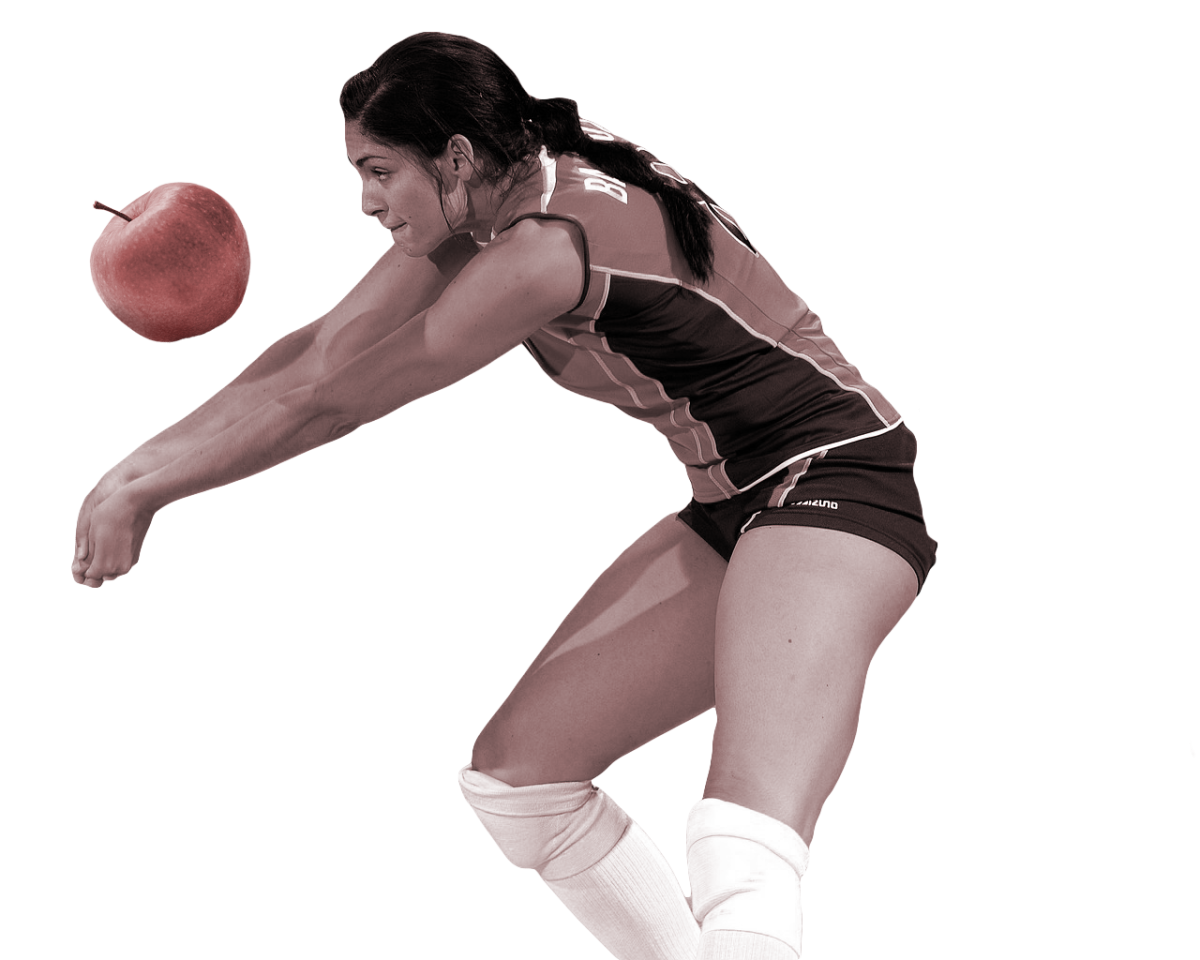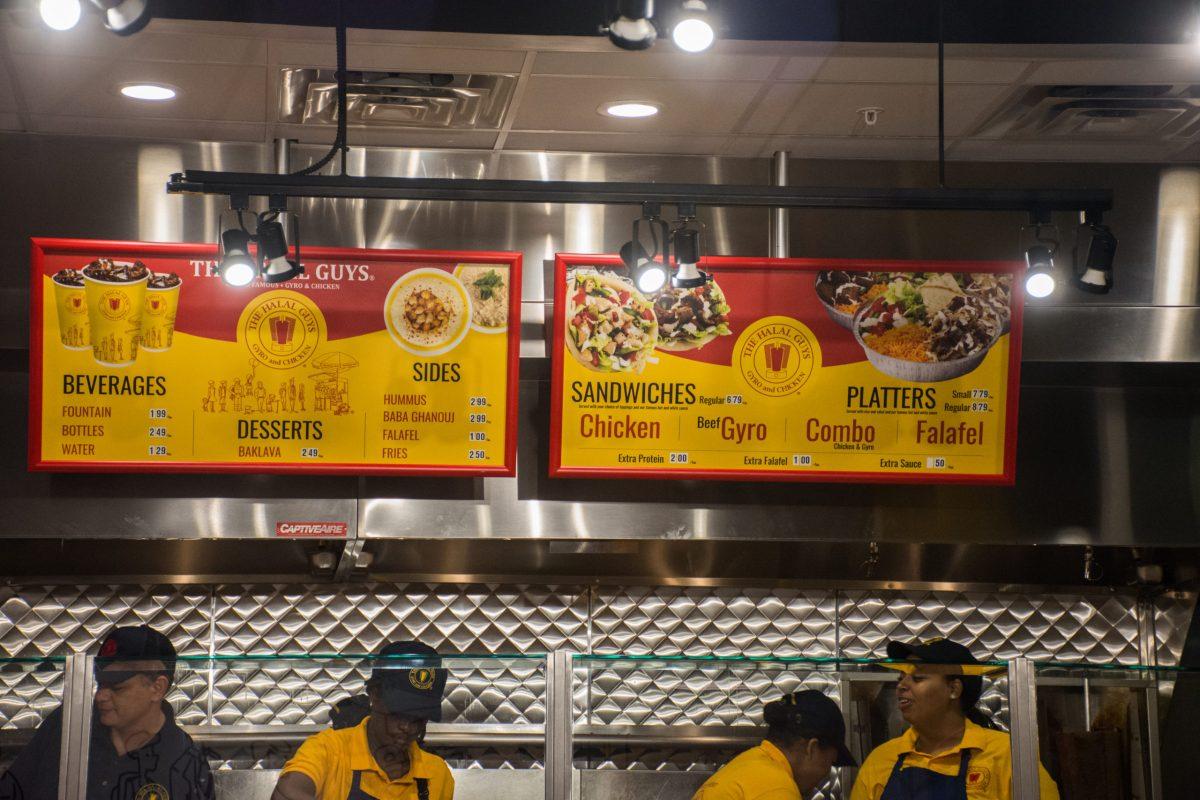What is being Pre-Health like at NJIT?
Liem Ho
As the end of the spring semester approaches, many students at NJIT who aspire to have a job in healthcare working as a doctor, dentist or physician assistant are taking the exams required for admission to pre-health programs for the following year. According to the American Association of Medical Colleges (AAMC), the average MCAT score of medical school matriculants for the 2015-2016 application cycle was a 31.4, which is in the 85th percentile, and the average unweighted, cumulative GPA was a 3.7. The statistics are slightly less competitive, yet similar for other fields of healthcare such as dentistry and physical therapy.
“Everyone’s main priority always seems to be their GPA and MCAT. It’s hard because you know that there’s so much more to people than their GPA or MCAT score, but if you can’t sustain a high enough GPA schools won’t even read your application or look at your resume,” said Kristen Grotheer, a sophomore biology major.
While a near perfect GPA and an MCAT in the highest percentile may catch the attention of admissions officers, being the most successful applicant goes beyond having the best scores—the experience of an applicant can also speak volumes about a student’s ability to succeed in medical school, and eventually as a practicing physician. “Pre-med students are notorious for strategically adding leadership roles, volunteering/shadowing positions and research to their resumes in the hopes that they will stand out in the intensely competitive medical school applicant pool,” says Sahitya Allam, a second year Biomedical Engineering Student in NJIT’s accelerated pre-health program.
As a result, the immense pressure to create the perfect application has definitely impacted the face of college education, especially for pre-health students at NJIT. “Extracurriculars are very time-consuming additions to a student’s schedule and they cause us to leave things until the last minute, contributing to the all-nighters studying for an exam and just the overall cutthroat stereotype associated with pre-meds,” adds Allam.
Because specific requirements need to be fulfilled in a certain time frame, there is a structured nature of preparing for medical school which can sometimes limit the college experience. “I really wanted to study abroad during the semester, but I can’t because I wanted to take my core classes here during sophomore year and I need to study for the MCAT during junior year and interview with med schools as a senior,” says Grotheer.
For others, because of the need to obtain perfect scores, many students feel the need to take easier classes to bolster their GPA. However, taking the easy way out can sometimes detract from the enrichment of a college education. Jen Farah, a junior biology major who aspires to become a doctor, says, “Instead of taking that bio elective with the easy professor, I should’ve taken a more challenging course that would’ve prepared me for the material on the MCAT, and the material in med school.”
In the past year, according to AAMC, 52,536 students applied to medical schools in the United States, and 21,643 students were accepted to medical school. While the overall acceptance rate is approximately 41 percent, most schools have as few as a couple hundred seats for students. In addition, the cost of applications to medical school can accumulate to thousands of dollars, therefore, students need to carefully determine which schools they have the best chance of obtaining an interview and acceptance with. The limited amount of seats, along with the high scores, GPA, and impressive resume make the acceptance to medical school more unpredictable. “Sometimes you hear of those kids who had the 4.0, the extracurriculars, the stellar MCAT score, but only got accepted into one school, and you feel like ‘well I must be screwed then’,” adds Farah.
One would think that because of the limited chances at enrollment in medical school, there is major competition among students at NJIT. However, this is not the case. “Compared to what I’ve heard at other schools, it doesn’t get too competitive here,” says Grotheer.
In fact, it may be in the best interest of pre-health students to make friends with other students striving for similar goals. “All my friends always want to help me and I always want to help them with old notes and study tips and whatnot. I think we all that realize we aren’t competing against each other, but against the rest of the students in the country,” adds Grotheer.
Omar Merdan, a senior biology major, has been accepted to medical school and will be attending New Jersey Medical School (NJMS) in the fall. As he recollects his experiences preparing himself for acceptance to medical school, Merdan says, “I’m always willing to help out anyone else if they wanted to pursue medicine. I think trying to be competitive about it brings up a negative mindset, because you’re going to have to be working in teams constantly. If you’re sitting there in your own island, you’re helping nobody, including yourself.”
For sophomore biology major and pre-dental student Bryan Tran, identifying and belonging to a group of students with similar goals has helped him thus far at NJIT. “There is a community of young, intellectual students aspiring to be professionals in a highly respected field. Being around these hard-working, determined individuals has influenced me to strive to excel in studies and commit myself to achieving success,” says Tran.
While the process of preparing for medical school applications can be demanding, many students who truly want to work in healthcare as practicing physicians and dentists feel that coming to NJIT has helped them grow in various ways to succeed in furthering their education. For some students, the structured track of being a pre-health student helps. Mahathi Mudigonda, a sophomore biology major in the accelerated medical program said, “I like being a premed but it’s pretty stressful in that I have to constantly remind myself of my long term goals. It’s all about waiting and setting short term goals to keep being motivated. It also tests my patience because I have to prioritize my work over my social life. But I like being busy because it makes me appreciate my free time a bit more.”
With any given field of study at any academic institution, the amount of time and effort put in will yield success and rewarding results. “The premed culture at this school caters to students that are willing to take the initiative to persevere through holding many responsibilities at once and fight for their spot in medical school. No one will hold your hand, but I think this is great practice for the real world,” says Kristen Grotheer.


































